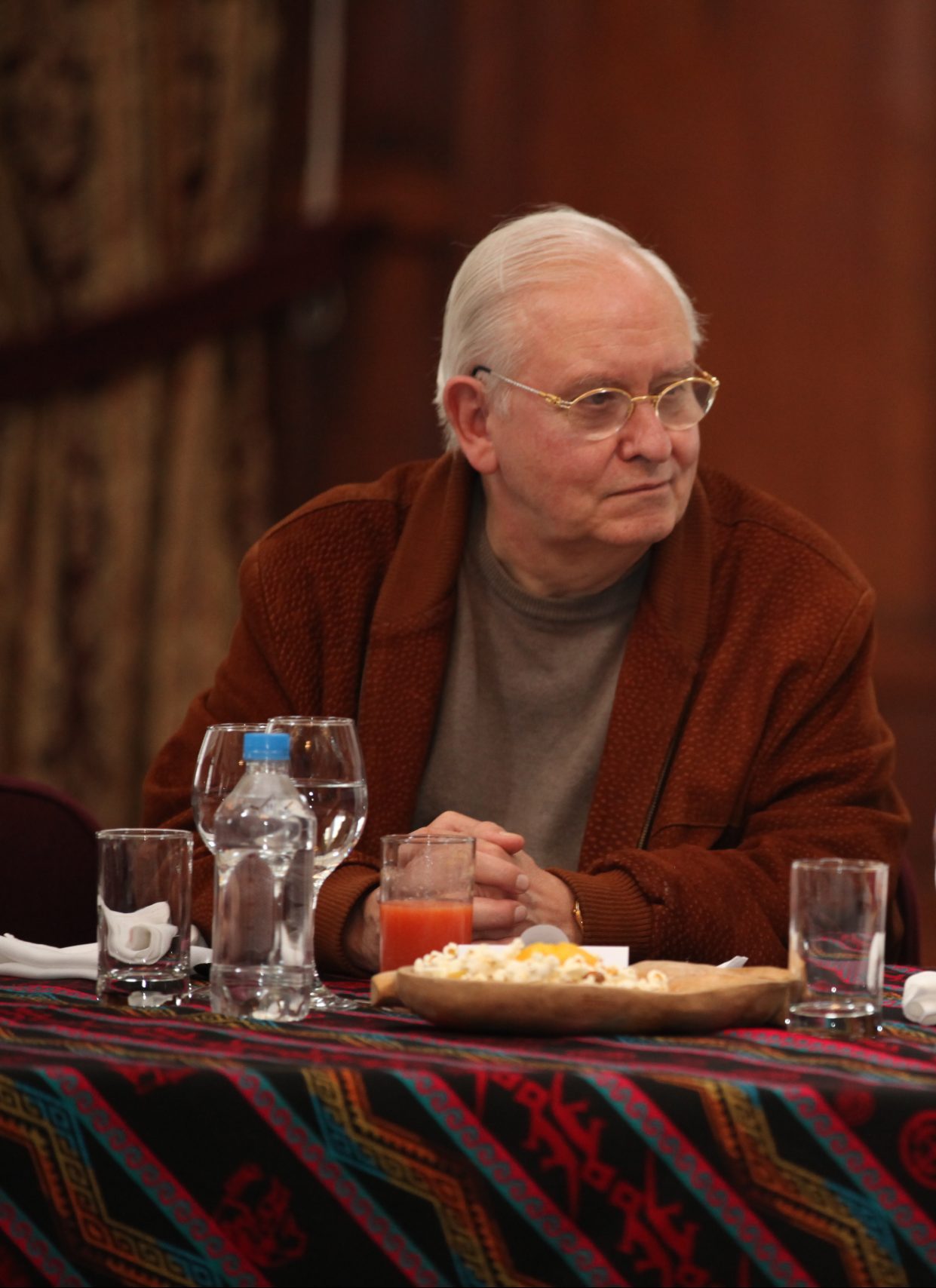Introduction
Conrad King

Populism has become a political buzzword in the twenty-first century, and yet it remains an essentially contested concept. An early theorist of populism, Ernesto Laclau, recognized that “few [terms] have been defined with less precision. We know intuitively to what we are referring when we call a movement or an ideology populist, but we have the greatest difficulty in translating the intuition into concepts” (Laclau, 1977, p. 143). Populism has been used to describe distinctive social movements, political parties, leaders as well as a tradition of political thought. Unlike other ideologies, however, it is rare that leaders or parties self-identify as populists because populism has been imbued with negative connotations and often used as a derogatory term.
The vagaries of populism should not prevent theorists from trying to develop a suitable definition of it. One such definition has been provided by Cas Mudde and C. R. Kaltwasser (2017, p. 6), who define populism as “a ‘thin-centered’ ideology that considers society to be ultimately separated into two homogeneous and antagonistic groups, ‘the pure people’ versus ‘the corrupt elite,’ and which argues that politics should be an expression of the volonté générale (general will) of the people.” This definition reflects the populist assumption that there are fundamentally only two types of people in society: the “real” or “pure” people and a corrupt elite who are not merely out of touch, but also actively working against the interests of the “real people.” As such, the “real people” are right to feel hostility and distrust towards elites, and this creates an antagonistic relationship between the two groups. A distinctive feature of populism is its angry style of politics – indeed, some have referred to populism as less an ideology and more a style of politics.
Media Attributions
- Reunión con Ernesto Laclau © Cancillería del Ecuador is licensed under a CC BY-SA (Attribution ShareAlike) license

